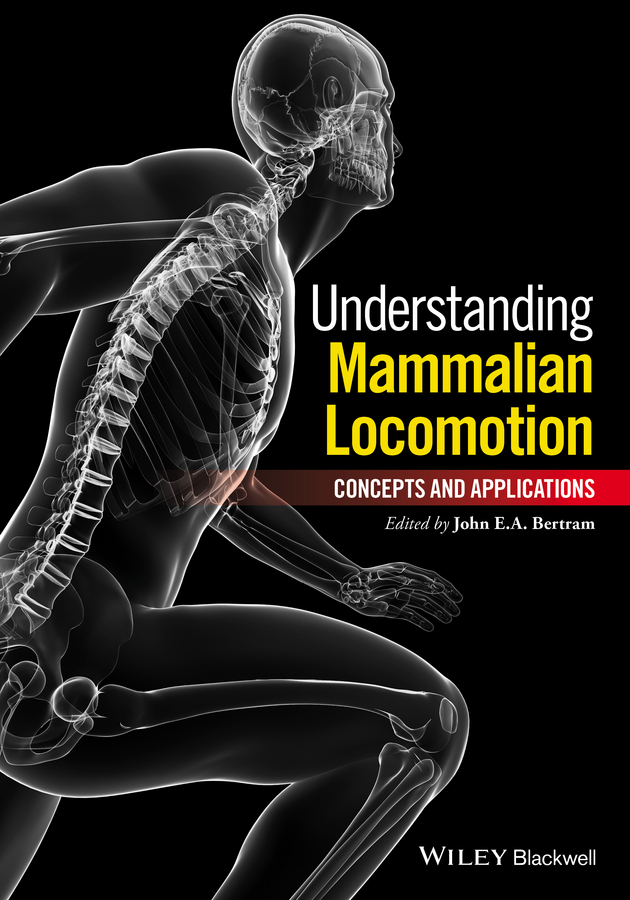Электронная книга: John E. A. Bertram «Understanding Mammalian Locomotion. Concepts and Applications»

|
Understanding Mammalian Locomotion will formally introduce the emerging perspective of collision dynamics in mammalian terrestrial locomotion and explain how it influences the interpretation of form and functional capabilities. The objective is to bring the reader interested in the function and mechanics of mammalian terrestrial locomotion to a sophisticated conceptual understanding of the relevant mechanics and the current debate ongoing in the field. Издательство: "John Wiley&Sons Limited"
ISBN: 9781119113737 электронная книга Купить за 13123.89 руб и скачать на Litres |
Другие книги схожей тематики:
| Автор | Книга | Описание | Год | Цена | Тип книги |
|---|
См. также в других словарях:
Anthropology and Archaeology — ▪ 2009 Introduction Anthropology Among the key developments in 2008 in the field of physical anthropology was the discovery by a large interdisciplinary team of Spanish and American scientists in northern Spain of a partial mandible (lower… … Universalium
Life Sciences — ▪ 2009 Introduction Zoology In 2008 several zoological studies provided new insights into how species life history traits (such as the timing of reproduction or the length of life of adult individuals) are derived in part as responses to… … Universalium
Brain — This article is about the brains of all types of animals, including humans. For information specific to the human brain, see Human brain. For other uses, see Brain (disambiguation). A chimpanzee brain The brain is … Wikipedia
Human evolution — This article is about the divergence of Homo sapiens from other species. For a complete timeline of human evolution, see Timeline of human evolution. Reconstruction of Homo heidelbergensis which may be the direct ancestor of both Homo… … Wikipedia
